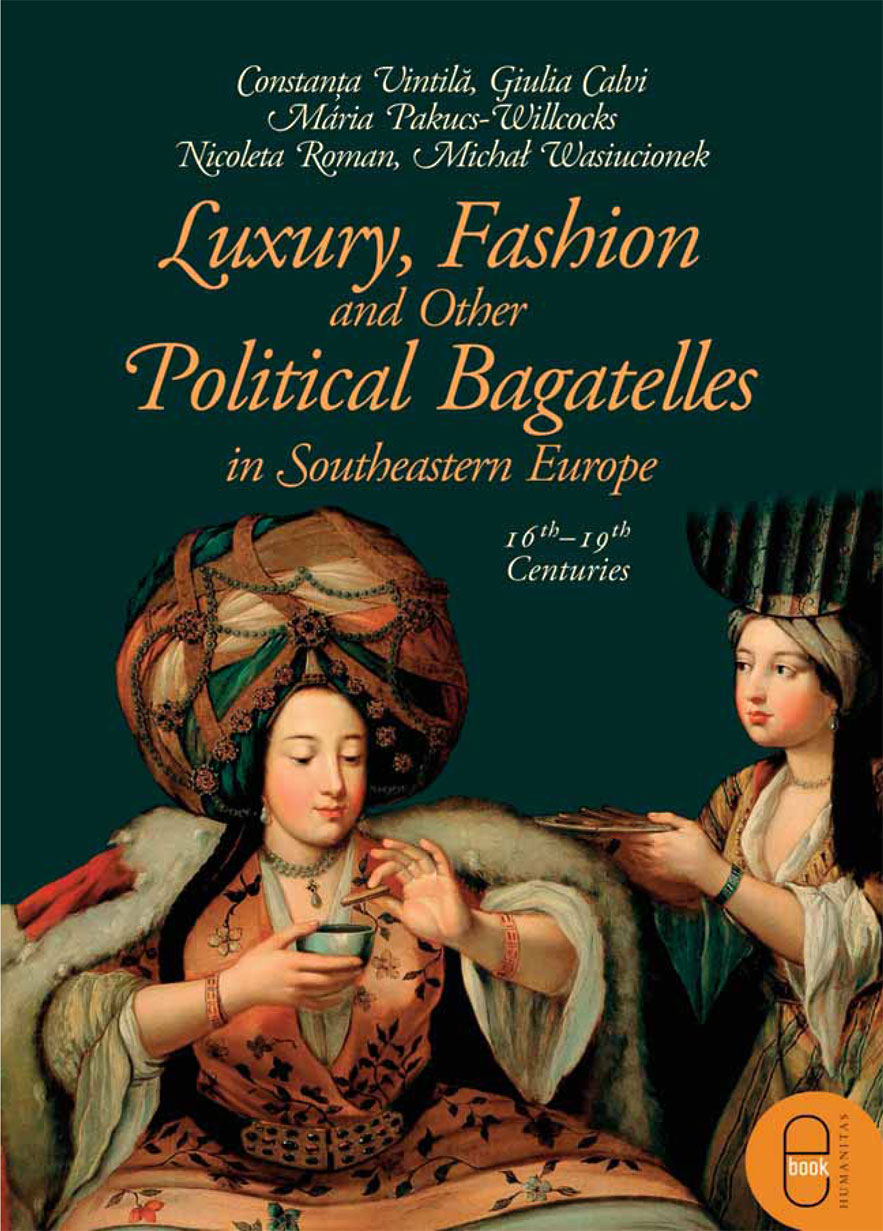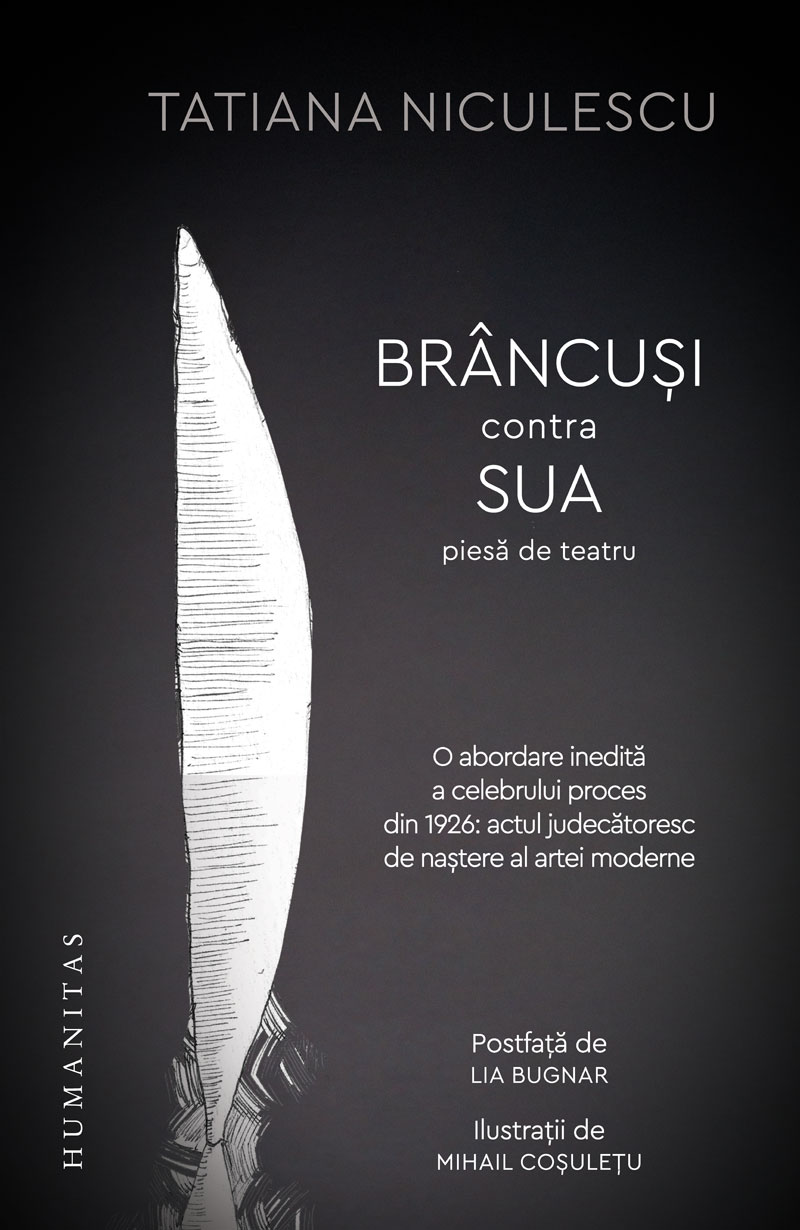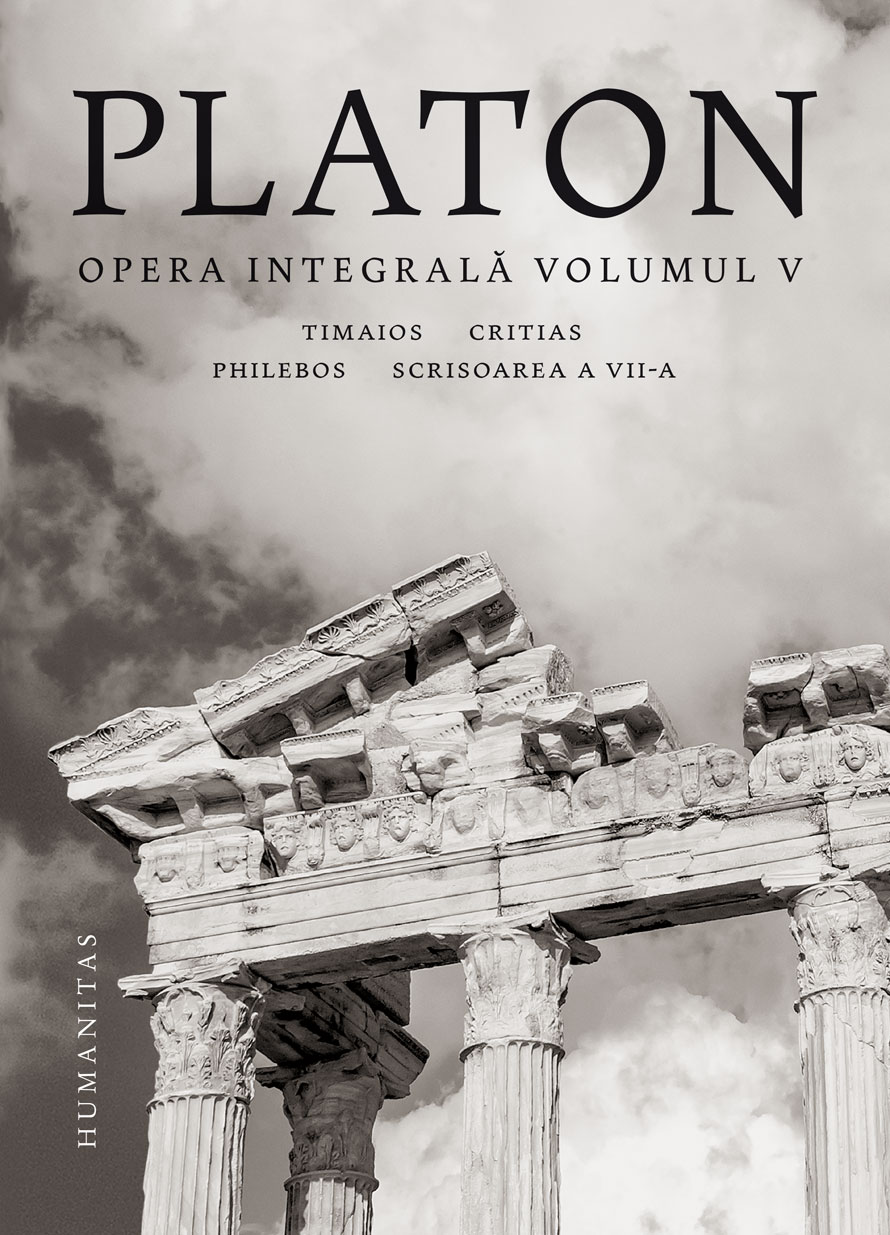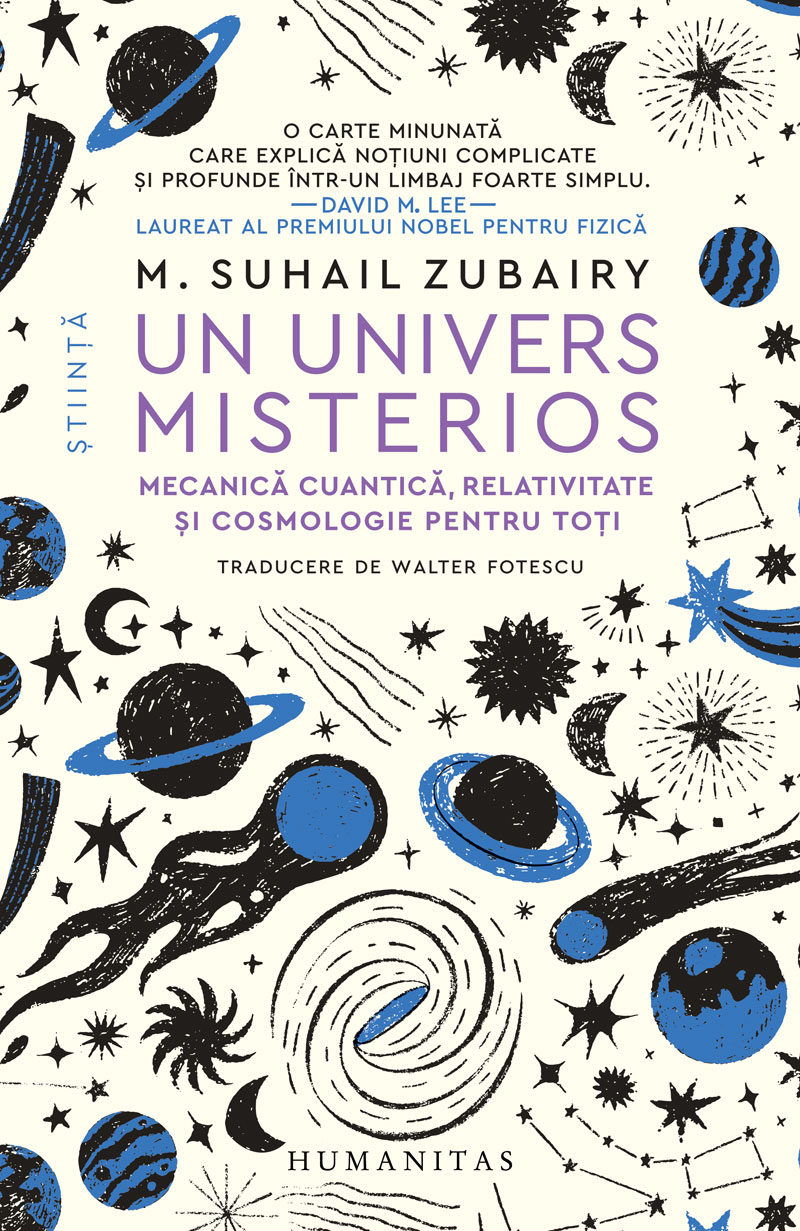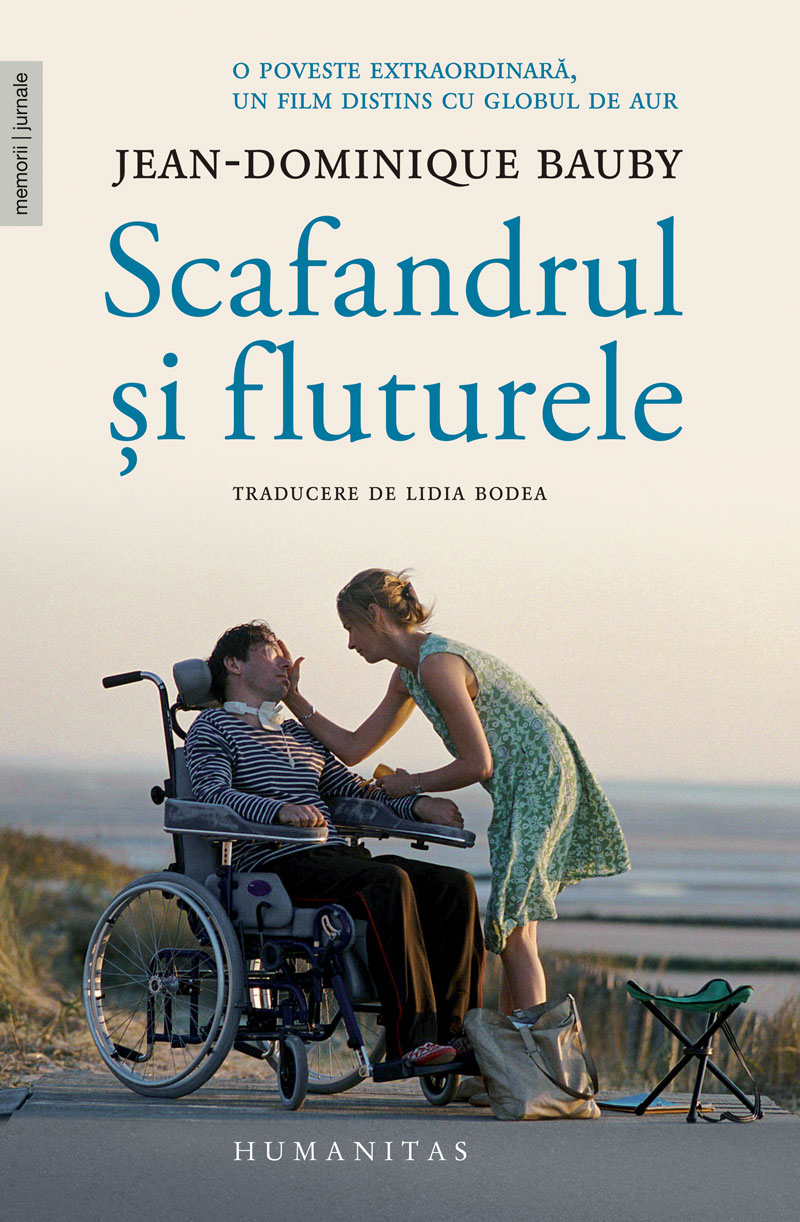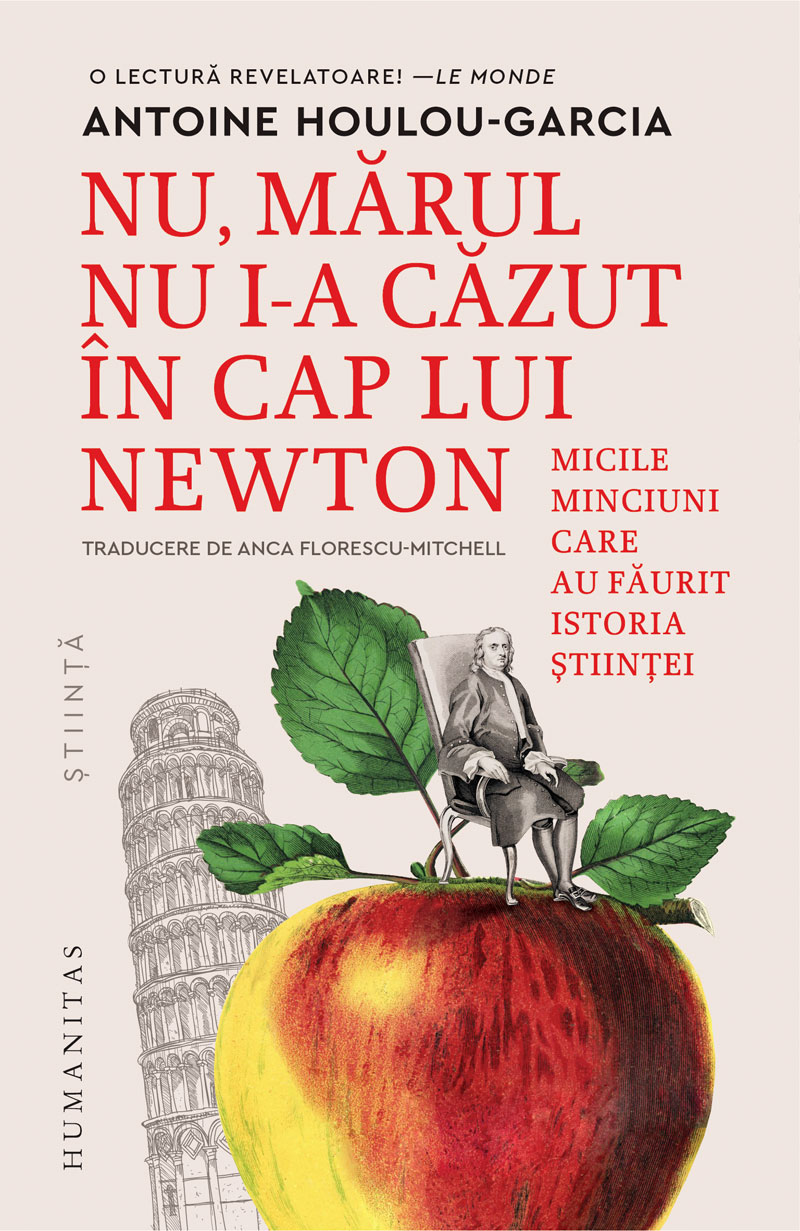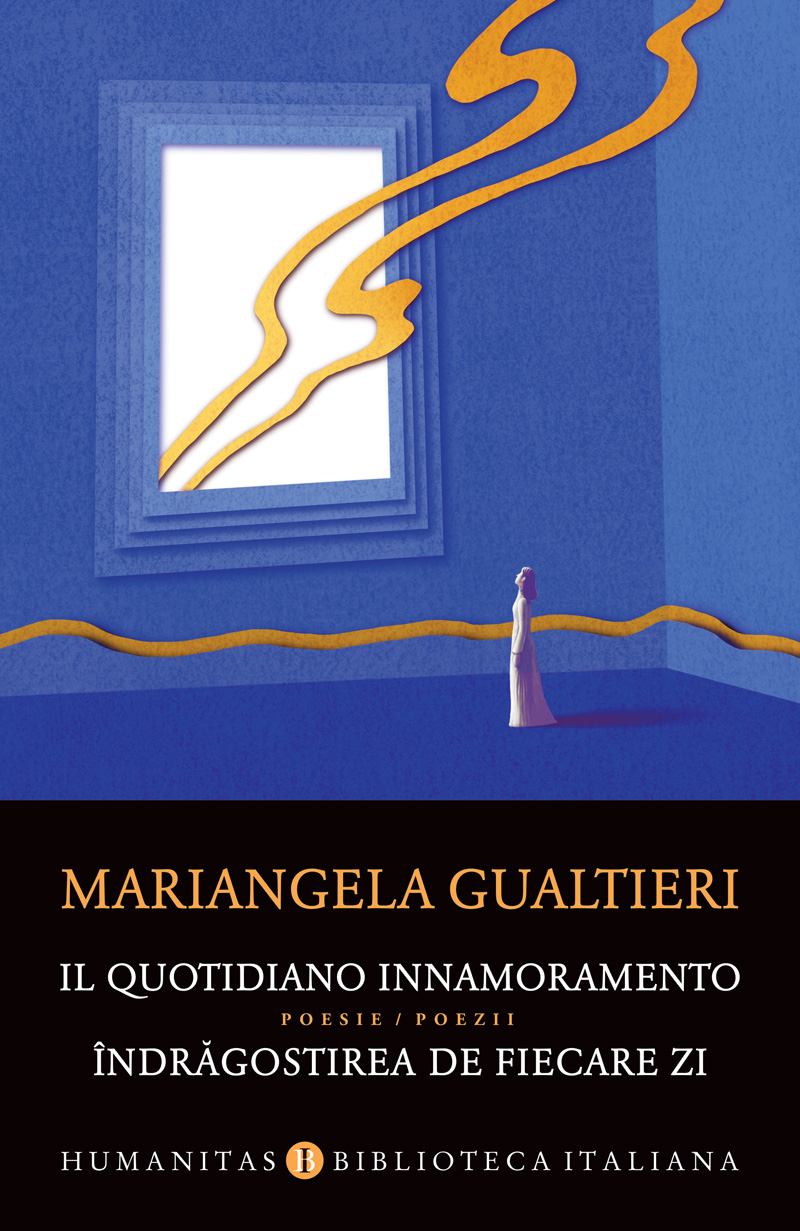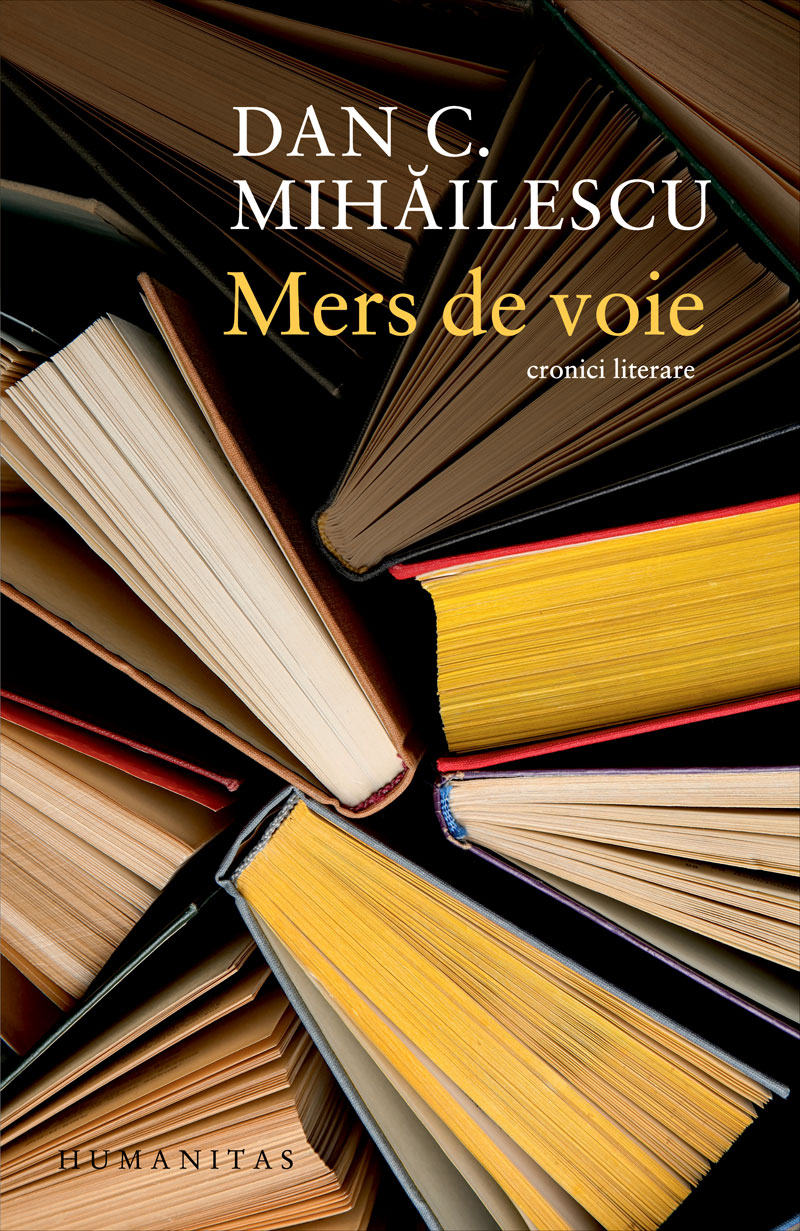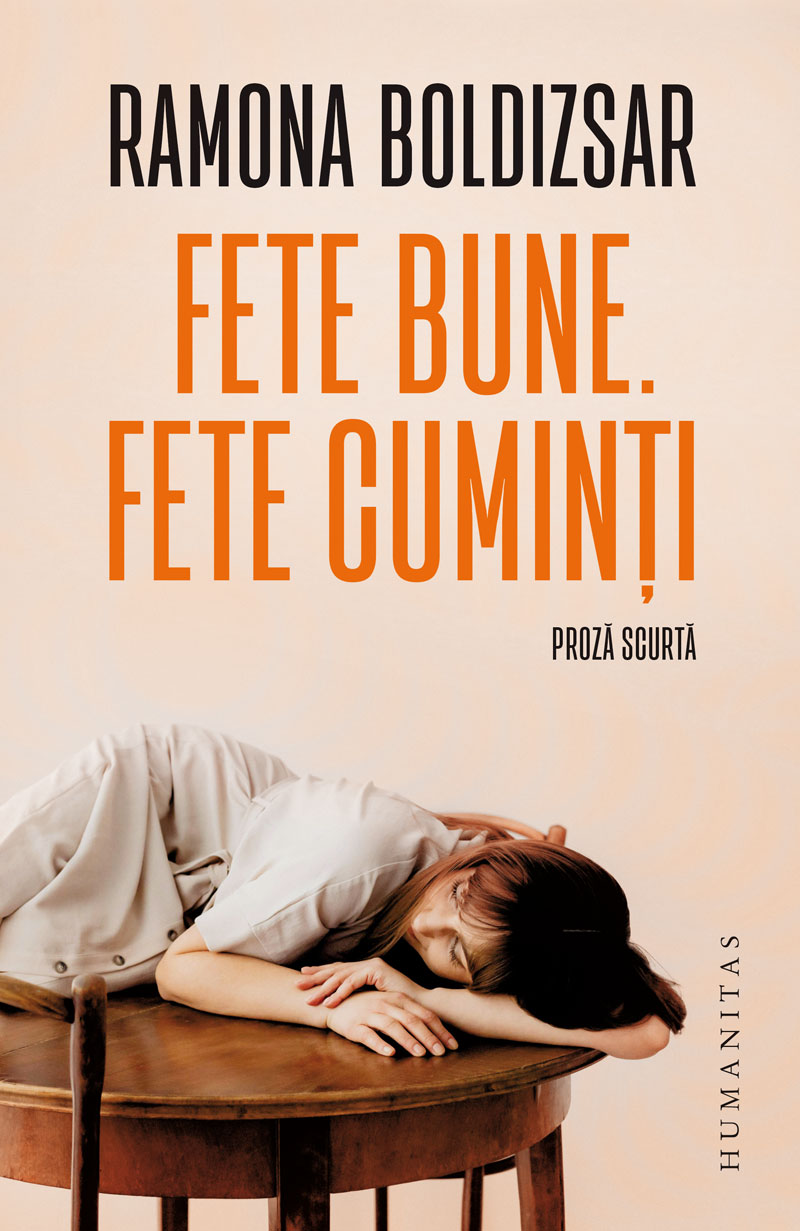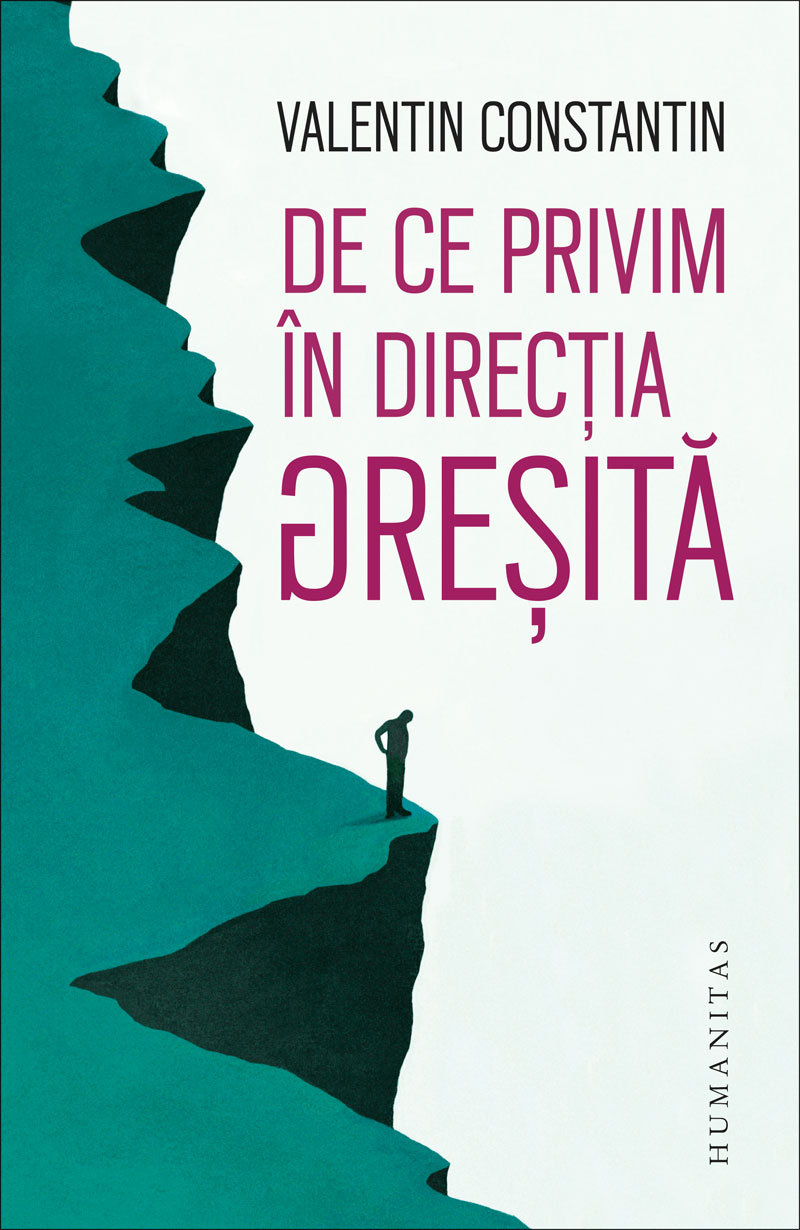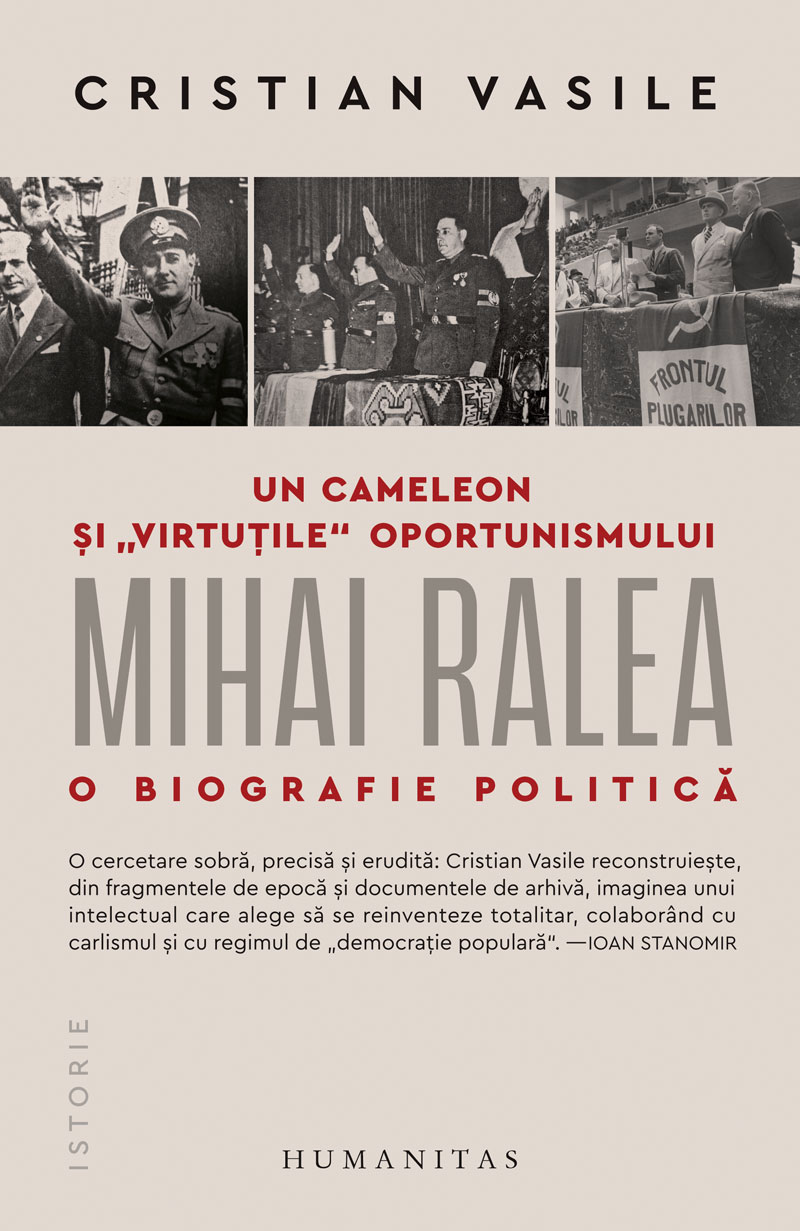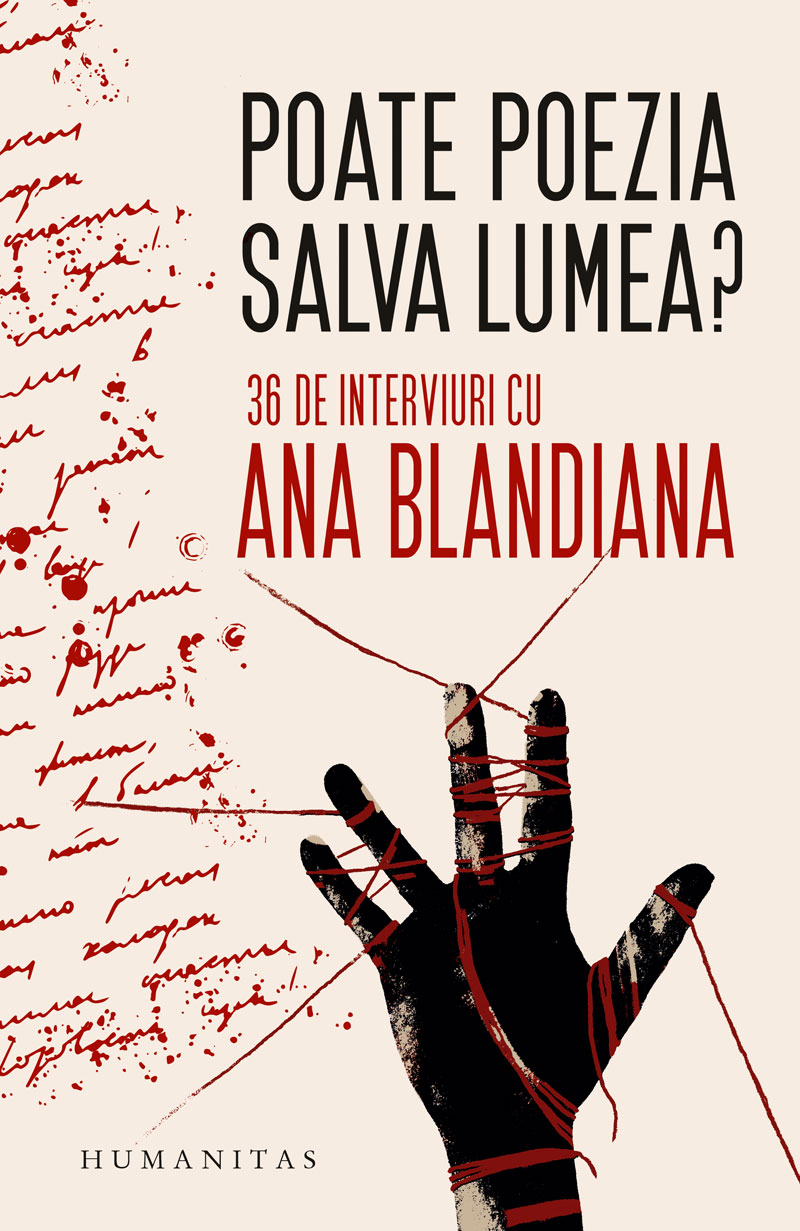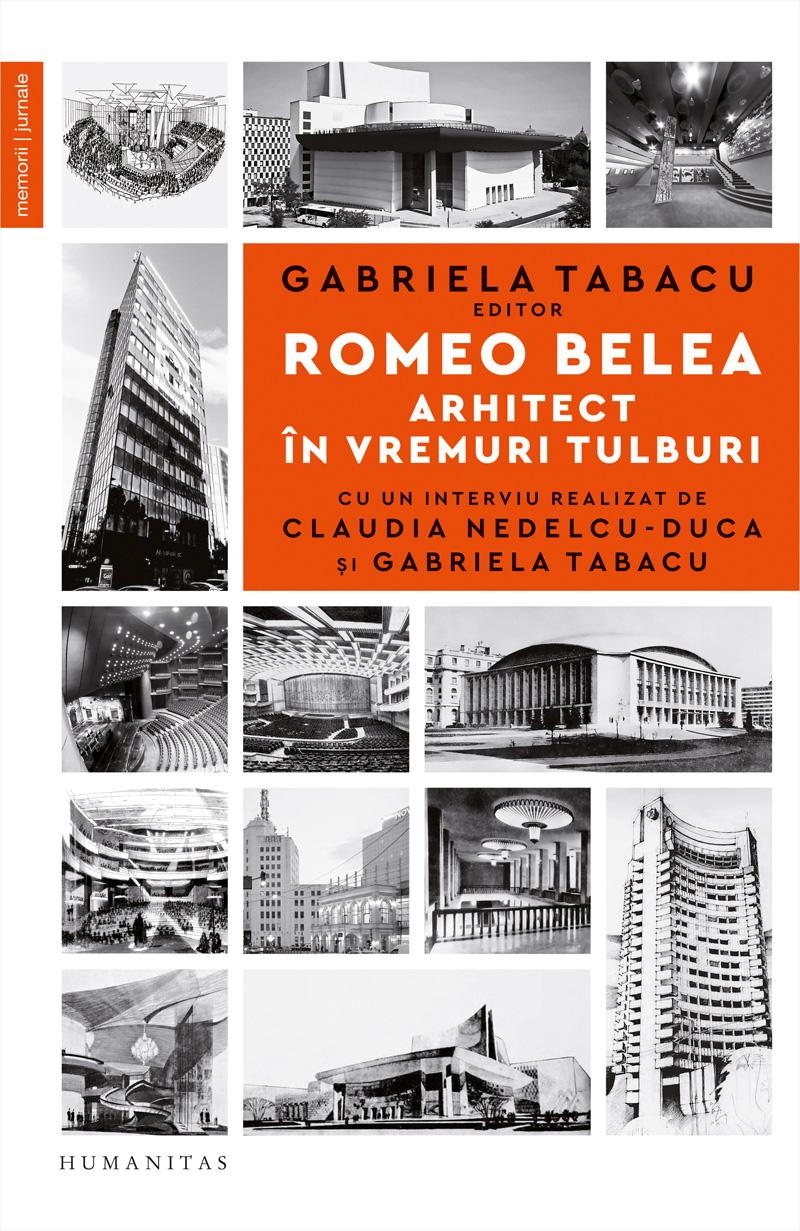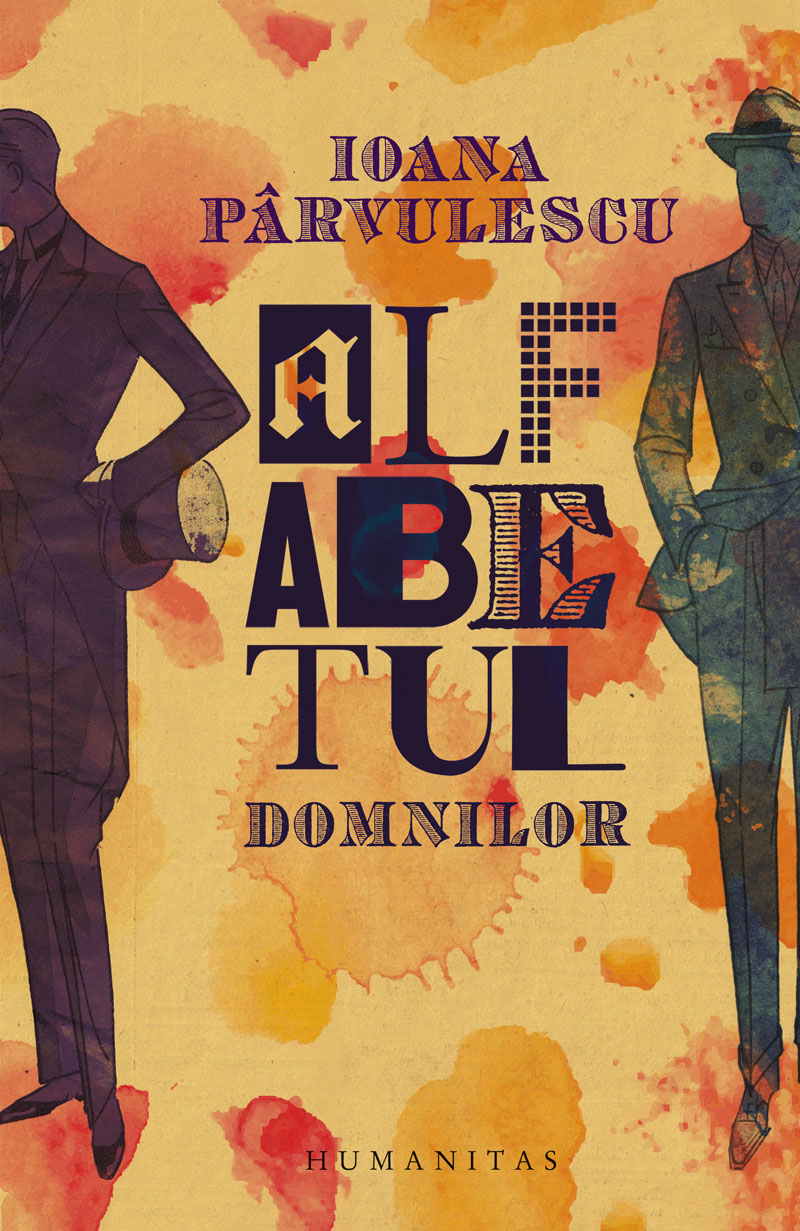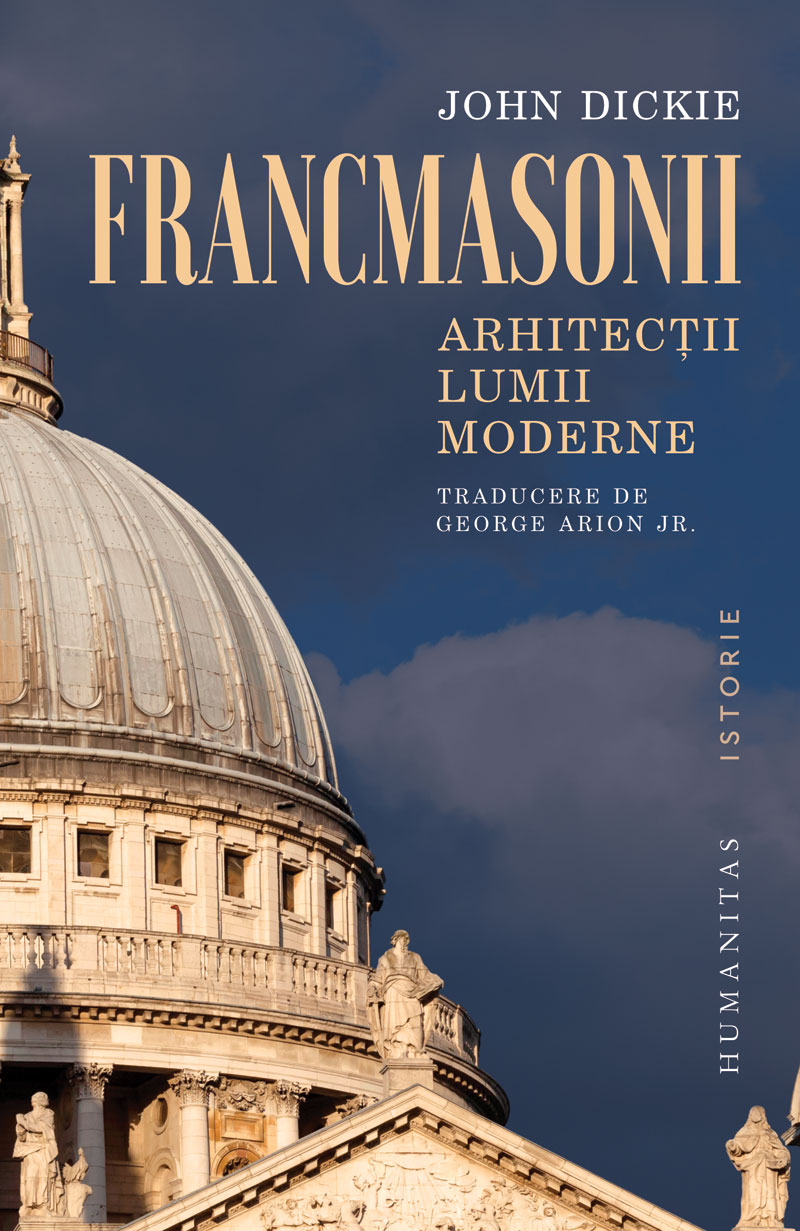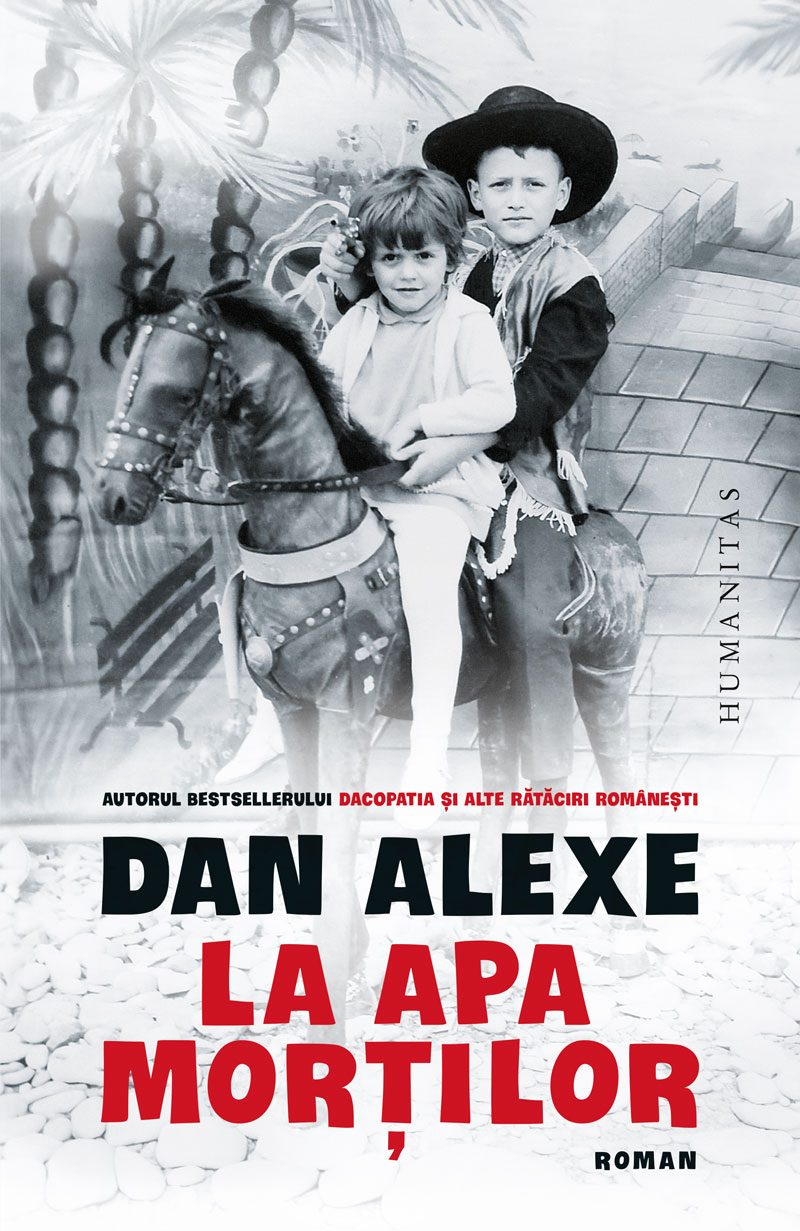CONSTANȚA VINTILĂ , cercetătoare la Institutul de Istorie „Nicolae Iorga“, este autoarea unei opere vaste, de mare profunzime analitică, dedicată investigării primei noastre modernizări. A publicat volumele de autor Changing Subjects, Moving Objects. Status, Mobility, and Social Transformation in Southeastern Europe, 1700–1850, Brill, Leiden, 2022; Patimă și desfătare. Despre lucrurile mărunte ale vieţii cotidiene în societatea românească (1750–1860), Humanitas, 2015; Evgheniţi, ciocoi, mojici. Despre obrazele primei modernităţi românești (1780–1860), Humanitas, 2013, 2023; Focul amorului: despre dragoste și sexualitate în societatea românească (1750–1830), Humanitas, 2006, 2023 tradusă în germană cu titlul Liebesglut: Liebe und Sexualität in der rumänischen Gesellschaft 1750–1830, Frank & Timme, Berlin, 2011; Evgheniții, Humanitas, 2006; În șalvari și cu ișlic. Biserică, sexualitate, căsătorie și divorţ în Ţara Românească a secolului al XVIII‑lea, Humanitas, 2004, 2011, tradusă în germană cu titlul Im Schalwar und mit Baschlik. Kirche, Sexualität, Ehe und Scheidung in der Walachei im 18. Jarhundert, Frank & Timmme, Berlin, 2013. A alcătuit ediția critică a memoriilor lui Dimitrie Foti Merișescu (Tinereţile unui ciocoiaș. Viaţa lui Dimitrie Foti Merișescu de la Colentina, scrisă de el însuși la 1817, Humanitas, 2019). A coordonat volumele Women, Consumption, and the Circulation of Ideas in South‑Eastern Europe, 17th–19th Centuries, Brill, Leiden, 2017; From Traditional Attire to Modern Dress: Modes of Identification, Modes of Recognition in the Balkans (XVIth–XXth Centuries), Cambridge Scholars Publishing, 2011. Împreună cu Giulia Calvi, Mária Pakucs‑Willcocks, Nicoleta Roman și Michał Wasiucionek a publicat volumul Lux, modă și alte bagatele politicești în Europa de Sud‑Est în secolele XVI–XIX, Humanitas, 2021, publicat și în engleză cu titlul Luxury, Fashion and Other Political Bagatelles in Southeastern Europe, 16th–19th Centuries, Humanitas, 2022.

Editura Humanitas
Constanța Vintilă, Giulia Calvi, Mária Pakucs-Willcocks, Nicoleta Roman, Michał Wasiucionek, Luxury, Fashion and Other Political Bagatelles in Southeastern Europe, 16th–19th Centuries
Din categoriile istorie
În colecția Biblioteca virtuală
EBOOK GRATUIT / PDF > DESCARCĂ
Translated into English by Iuliu Raţiu and James Christian Brown
„This volume aims to make the results of the project Luxury, Fashion and Social Status in Early Modern South-Eastern Europe (LuxFass), ERC-2014-CoG no. 646489, financed by the European Research Council and hosted by the New Europe College, Bucharest, accessible to wider audiences. For this reason, we have decided to tell stories of people, objects, and places we explored while researching Southeastern Europe in the early modern era. Each of the stories collected here is informed by prolonged inquiry into primary and secondary sources in various libraries, museums, and archives. The academic endeavour of our team members is presented in detail on the project website (http://luxfass.nec.ro/).“ — CONSTANȚA VINTILĂ
GIULIA CALVI este profesoară în cadrul Departamentului de Știinţe Istorice și Patrimoniu la Universitatea din Siena, cu specialitatea istorie premodernă. Din 2004 și până în 2012 a fost directorul secţiunii „Gender History in Europe and the World (XVI–XIX)“ din cadrul Departamentului de Istorie și Civilizaţie al Institutului Universitar European din Florenţa. Este cercetătoare în cadrul proiectului european „Luxury, Fashion and Social Status in Early Modern South-Eastern Europe“ (http://luxfass.nec.ro). Scrieri: Histories of a plague year: The Social and the Imaginary in Baroque Florence, California University Press, 1989; Il contratto morale: madri e figli nella Toscana moderna, Laterza, Roma-Bari, 1994; Barocco al femminile, Laterza, Roma, 1992; La Mujer barroca, Alianza, Madrid, 1995; Le Donne Medici nel sistema europeo delle corti, Polistampa, Florenţa, 2008 (împreună cu Riccardo Spinelli). Ultimele publicaţii se opresc asupra circulaţiei imaginilor, textelor și culturii materiale: Imperial Fashions: Cashmere Shawls between Istanbul, Paris and Milan (Eighteenth and Nineteenth Centuries), în European History Yearbook, vol. 20; Dress and Cultural Difference in Early Modern Europe, ed. By Cornelia Aust, Denise Klein & Thomas Weller, 2019, pp. 159–176; Healing, Translating, Collecting: Doctor Michelangelo Tilli across the Ottoman Empire (1683–1685), în Cromohs, 21 (2017–2018), pp. 55–69; Translating imperial practices, knowledge, and taste across the Mediterranean: Giulio Ferrario and Ignatius Mouradgea d’Ohsson, în Constanţa Vintilă-Ghiţulescu (ed.), Women, Consumption and the Circulation of Ideas in South-Eastern Europe, 17th-19th centuries, Brill, Leiden, 2018, pp. 12–46.
GIULIA CALVI is Professor at the Department of Historical Sciences and Heritage at the University of Siena, specialising in premodern history. Senior researcher in the ERC project: Luxury, Fashion and Social Status in Early Modern South-Eastern Europe (http://luxfass.nec.ro).Books: The World in Dress, Cambridge, Cambridge University Press, 2022; Histories of a plague year. The social and the imaginary in Baroque Florence, California University Press, 1989; Il contratto morale. Madri e figli nella Toscana moderna, Laterza, Roma–Bari, 1994; Barocco al femminile, Laterza, Roma, 1992; La Mujer barroca, Alianza, Madrid, 1995; Le Donne Medici nel sistema europeo delle corti, Polistampa, Florence, 2008 (with Riccardo Spinelli).Her latest publications focus on the circulation of images, texts, and material culture: Imperial Fashions: Cashmere Shawls between Istanbul, Paris and Milan (Eighteenth and Nineteenth Centuries), in “European History Yearbook”, vol. 20; Dress and Cultural Difference in Early Modern Europe, ed. By Cornelia Aust, Denise Klein & Thomas Weller, 2019, pp. 159–176; Healing, Translating, Collecting. Doctor Michelangelo Tilli across the Ottoman Empire (1683–1685), in “Cromohs”, 21 (2017–2018), pp. 55–69; Translating Imperial Practices, Knowledge, and Taste across the Mediterranean. Giulio Ferrario and Ignatius Mouradgea d’Ohsson, in Constanţa Vintilă-Ghiţulescu (ed.), Women, Consumption and the Circulation of Ideas in South-Eastern Europe, 17th-19th centuries, Brill, Leiden, 2018, pp. 12–46.
MÁRIA PAKUCS-WILLCOCKS este cercetătoare la Institutul de Istorie „Nicolae Iorga“, Academia Română. Preocupată de istoria orașului Sibiu și de reţelele comerciale construite în jurul acestui important centru urban al Europei de sud-est, cercetătoare în cadrul proiectului european „Luxury, Fashion and Social Status in Early Modern South-Eastern Europe“ (http://luxfass.nec.ro). Scrieri: Sibiul veacului al XVI-lea. Buna rânduială a unui oraș transilvănean, Humanitas, București, 2018; Sibiu-Hermannstadt: Oriental Trade in Sixteenth Century Transylvania, Böhlau Verlag, Köln, 2007 (seria Städteforschung, vol. 73). Ediţia primei cărţi a orașului Sibiu: „zu urkundt in das Stadbuch lassen einschreiben“. Die ältesten Protokolle von Hermannstadt und der Sachsischen Nationsuniversität (1522–1565), ed. Mária Pakucs-Willcocks, Schiller Verlag, Sibiu/Bonn, 2015.
MÁRIA PAKUCS-WILLCOCKS is senior researcher at the Nicolae Iorga Institute of History – Romanian Academy. She is an expert in the history of Sibiu and the commercial networks built around this important urban centre of Southeastern Europe. Researcher in the ERC Project Luxury, Fashion and Social Status in Early Modern South-Eastern Europe (http://luxfass.nec.ro). Publications: Sibiul veacului al XVI-lea. Buna rânduială a unui oraș transilvănean, Humanitas, Bucharest, 2018; Sibiu-Hermannstadt. Oriental trade in sixteenth century Transylvania, Böhlau Verlag, Cologne, 2007 (series Städteforschung 73). She edited the first first town protocol book of Sibiu/Hermannstadt: “zu urkundt in das Stadbuch lassen einschreiben“. Die ältesten Protokolle von Hermannstadt und der Sächsischen Nationsuniversität (1522–1565), ed. Mária Pakucs-Willcocks, Schiller Verlag, Sibiu/Bonn, 2015.
NICOLETA ROMAN este cercetătoare la Institutul de Istorie „Nicolae Iorga“, Academia Română. Preocupată de istoria socială și economică, istoria femeilor și istoria copiilor din Ţara Românească, în secolele XVIII–XIX, prin prisma bunurilor, a mobilităţii și a culturii materiale asociate lor, subiecte de lucru privite în context sud-est european. Cercetătoare în cadrul proiectului european „Luxury, Fashion and Social Status in Early Modern South-Eastern Europe“ (http://luxfass.nec.ro). Scrieri: Deznădăjduită muiere n-au fost ca mine. Femei, onoare și păcat în Valahia secolului al XIX-lea, Humanitas, București, 2016. Coordonatoarea volumelor Copilăria românească între familie și societate (secolele XVII–XX), Nemira, București, 2015; Orphans and Abandoned Children in European History, Sixteenth to Twentieth Centuries, Routledge, Londra, 2017.
NICOLETA ROMAN is senior researcher at the Nicolae Iorga Institute of History – Romanian Academy. Her main research interests are social and economic history, gender and history of women, and childhood studies in (pre)modern Romania and Southeastern Europe, in terms of goods, mobility, and the material culture associated with them. Member in the editing team of the series on foreign travellers about the Romanian countries in the nineteenth century, edited by the Romanian Academy (2007–2020). Researcher and Scientific Assistant in the ERC Project Luxury, Fashion and Social Status in Early Modern South-Eastern Europe (http://luxfass.nec.ro). After the end of ERC project, since 2020, she is the national coordinator for Romania in the European COST action Women on the Move. She is the author of Deznădăjduită muiere n-au fost ca mine. Femei, onoare și păcat în Valahia secolului al XIX-lea, Humanitas, Bucharest, 2016, and the editor of: ”Children, Youth, Material Culture, and Clothing in the Eighteenth and Nineteenth Centuries. Southeastern Europe and Beyond: Discourses, Practices, and Imperial Connections”, special issue of the Journal of the History of Childhood and Youth, Spring 2022, 15:2; Copilăria românească între familie și societate (secolele XVII–XX), Editura Nemira, Bucharest, 2015; Orphans and Abandoned Children in European History, Sixteenth to Twentieth Centuries, Routledge, London, 2017.
MICHAŁ WASIUCIONEK este cercetător la Institutul de Istorie „Nicolae Iorga“, Academia Română. Preocupat de teoria reţelelor, patronaj, clientelism și comunităţile periferice în sud-estul Europei, secolul al XVII-lea, cu un interes aparte pentru ţările române, Imperiul Otoman și spaţiul polono-lituanian. Cercetător în cadrul proiectului european „Luxury, Fashion and Social Status in Early Modern South-Eastern Europe“ (http://luxfass.nec.ro). Scrieri: The Ottomans and Eastern Europe: Borders and Political Patronage in the Early Modern World, Tauris, London–New York, 2019.
MICHAŁ WASIUCIONEK is a researcher at the Nicolae Iorga Institute of History – Romanian Academy. His research interests include network theory, patronage, clientelism and peripheral communities in Southeastern Europe and the seventeenth century with a special interest in the Romanian countries, the Ottoman Empire, and the Polish-Lithuanian area. Researcher in the ERC Project: Luxury, Fashion and Social Status in Early Modern South-Eastern Europe (http://luxfass.nec.ro). He is the author of The Ottomans and Eastern Europe. Borders and Political Patronage in the Early Modern World, Tauris, London–New York, 2019.
- Categorie: ebook
- Titlu: Luxury, Fashion and Other Political Bagatelles in Southeastern Europe, 16th–19th Centuries
- An apariție: 2022
- Format: PDF
- ISBN: 978-973-50-7731-0
- Colecție: Biblioteca virtuală
- Domeniu: istorie
- Autor: Constanța Vintilă, Giulia Calvi, Mária Pakucs-Willcocks, Nicoleta Roman, Michał Wasiucionek
Noi apariții
Tatiana Niculescu, Brâncuși contra SUA
CumpărăPreț 59.90 RON
Platon, Opera integrală
CumpărăPreț 95.00 RON
M. Suhail Zubairy, Un univers misterios
CumpărăPreț 75.00 RON
Jean-Dominique Bauby, Scafandrul și fluturele
CumpărăPreț 49.00 RON
Dan C. Mihăilescu, Mers de voie
CumpărăPreț 32.00 RON
Gabriel Șerban, Povestiri din ţara jaguarului roşu
CumpărăPreț 59.90 RON
Ramona Boldizsar, Fete bune. Fete cuminţi
CumpărăPreț 42.00 RON
Valentin Constantin, De ce privim în direcţia greşită
CumpărăPreț 75.00 RON
Ana Blandiana, Poate poezia salva lumea?
CumpărăPreț 57.00 RON
Ioana Pârvulescu, Alfabetul domnilor
CumpărăPreț 65.00 RON
John Dickie, Francmasonii
CumpărăPreț 89.00 RON
Dan Alexe, La apa morților
CumpărăPreț 59.00 RON
Evenimente
26 februarie 2026, Editura Humanitas
Lansare – Platon, Opera integrală, volumul V
25 februarie 2026, Editura Humanitas
Alfabetul domnilor – Ioana Pârvulescu în dialog cu Dan C. Mihăilescu și Iuliana Miu
21 februarie 2026, Editura Humanitas
Fete bune. Fete cuminți – Ramona Boldizsar în dialog cu Carla Boboc și Alina Purcaru
6 martie 2020,
Librăria Humanitas Cișmigiu
Lansare – Maria Bucur, Mihaela Miroiu, Nașterea cetățeniei democratice – Librăria Humanitas de la Cișmigiu
27 februarie 2020,
Librăria Humanitas Cișmigiu
Lansare – Eugeniu Bucheru, Istorii nescrise, infamii neprescrise – Librăria Humanitas de la Cișmigiu
27 februarie 2020,
Librăria Humanitas Cișmigiu





